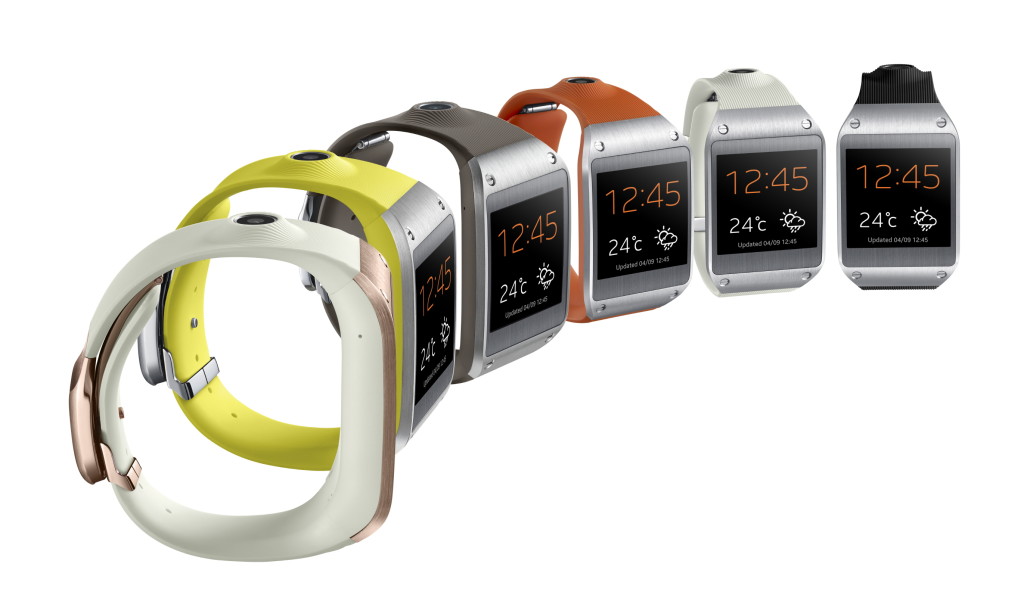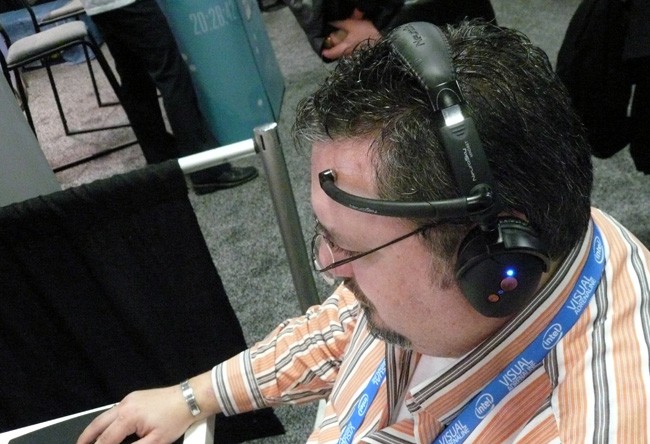-

-
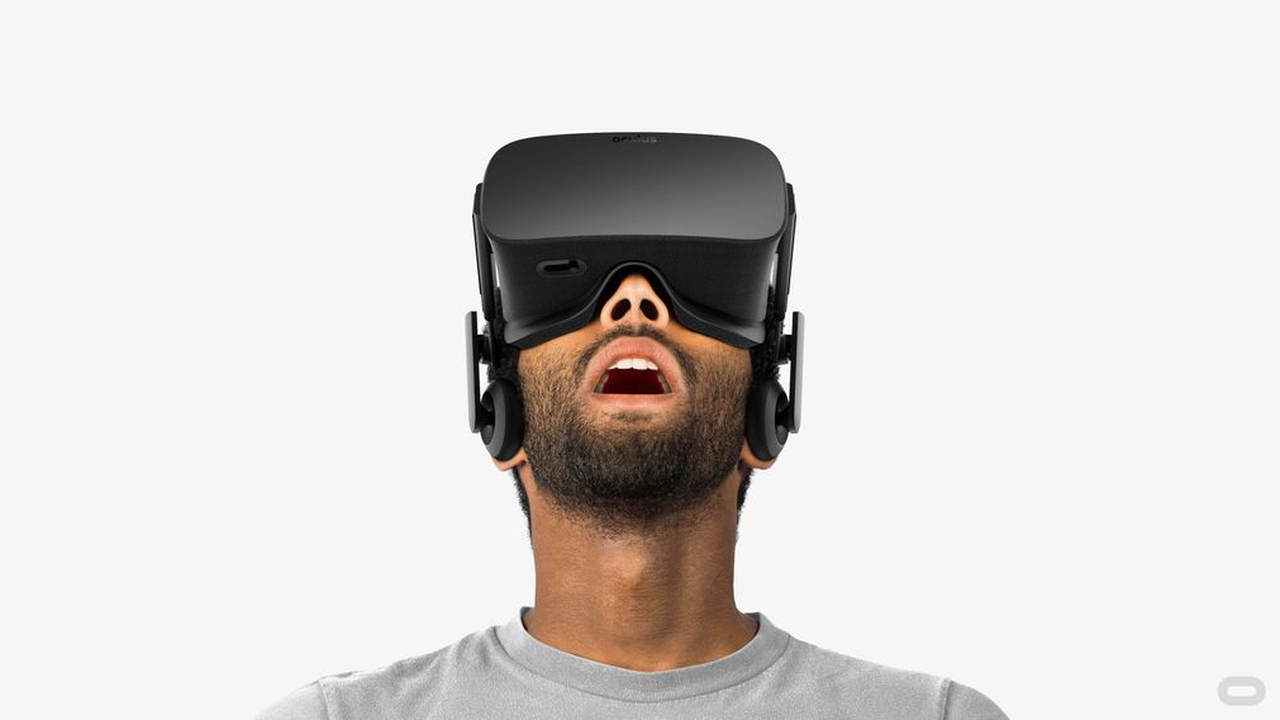
-

-

-

-

-

-
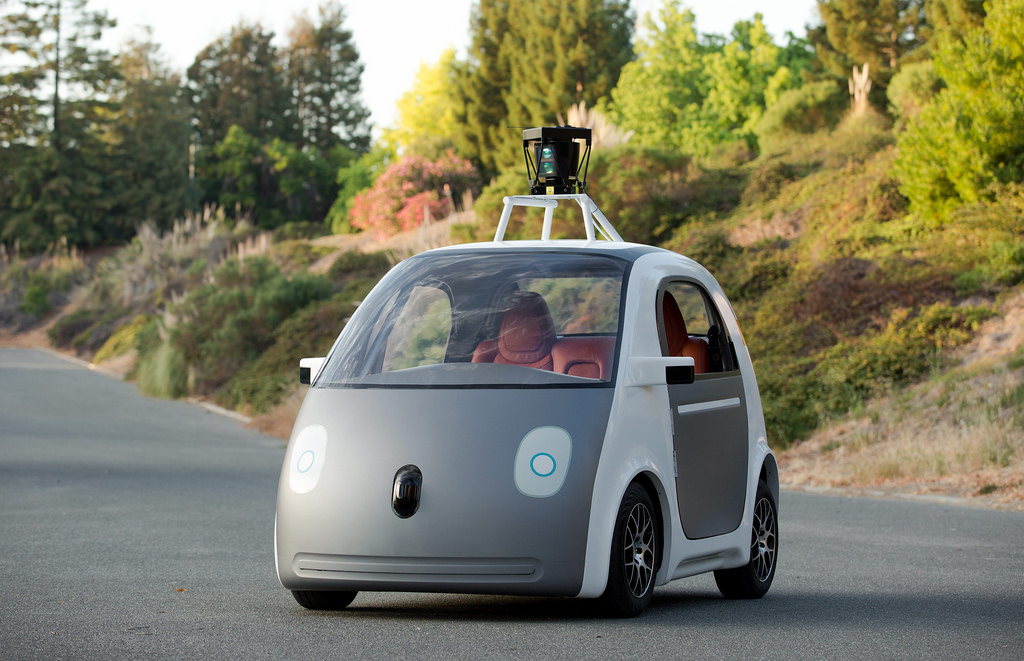
-

-

-
-
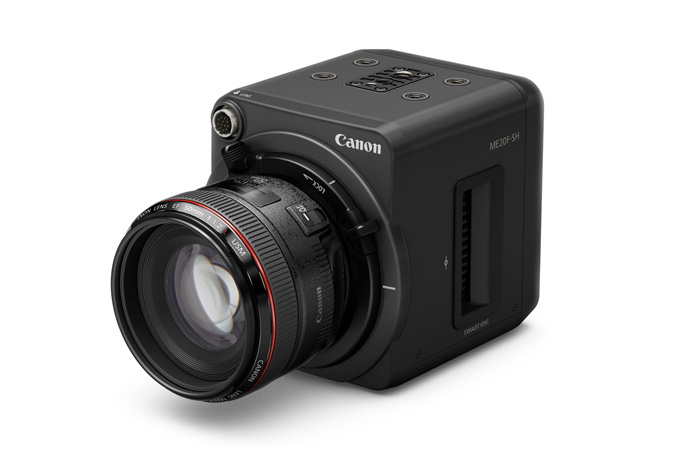
-
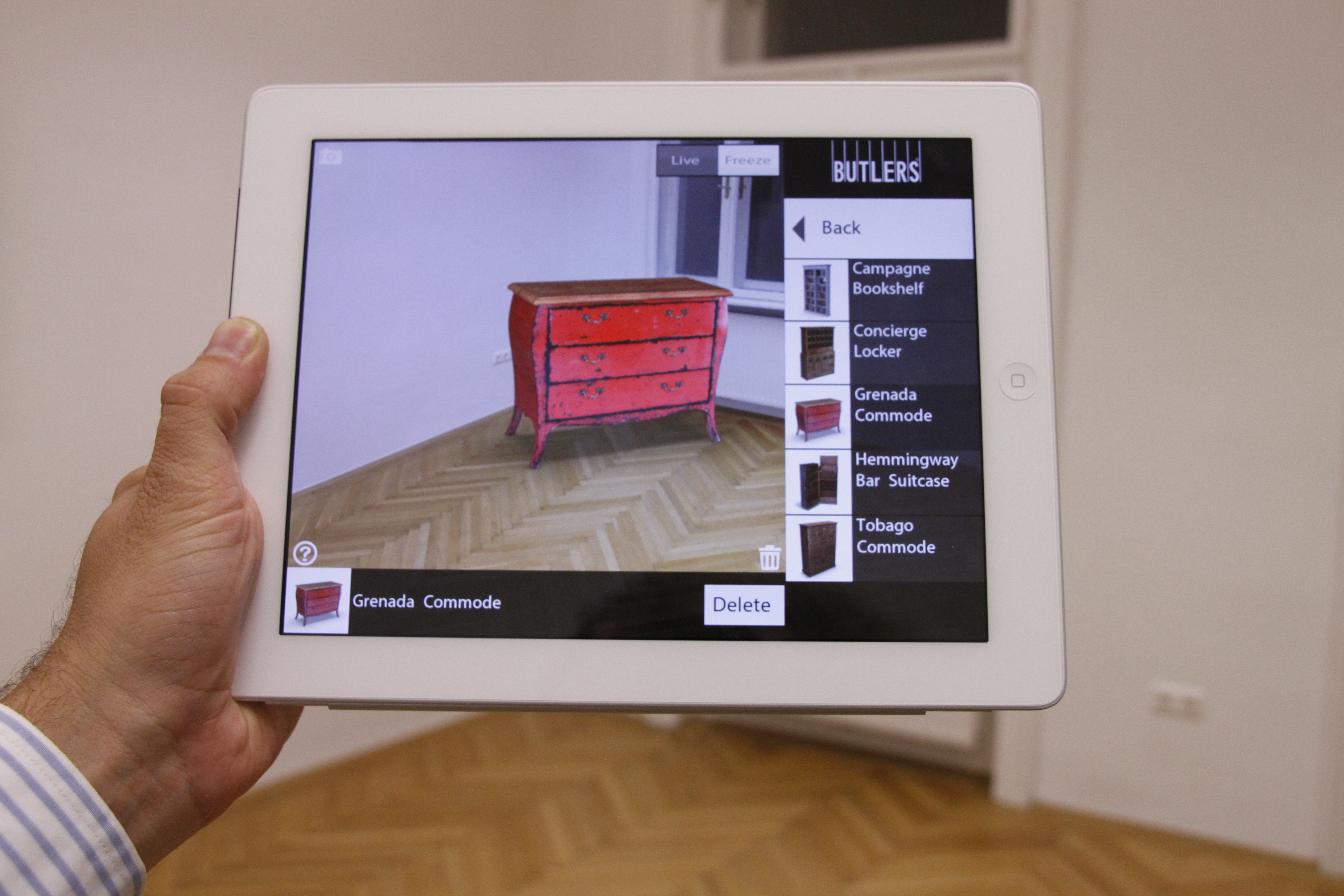
-

-
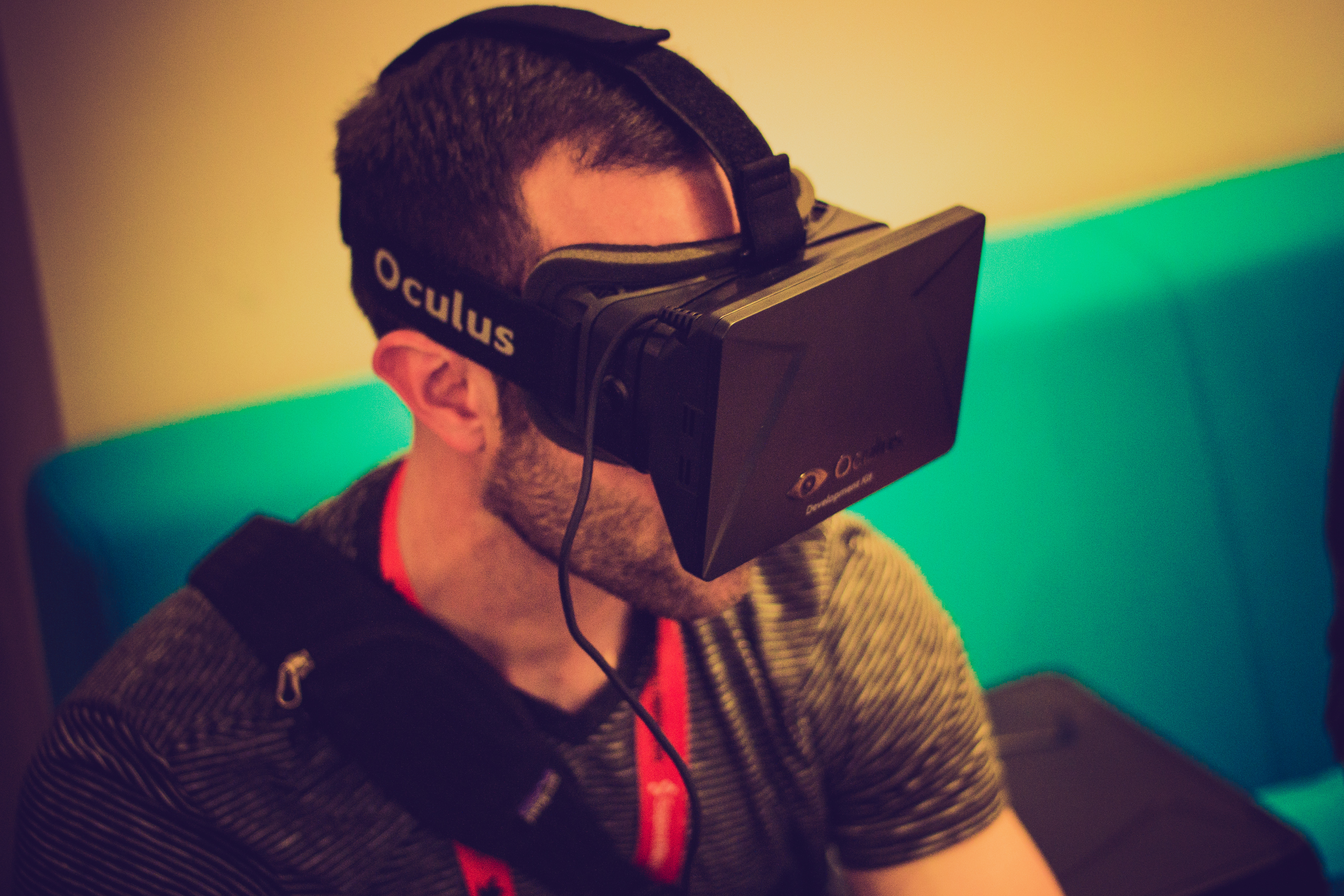
-
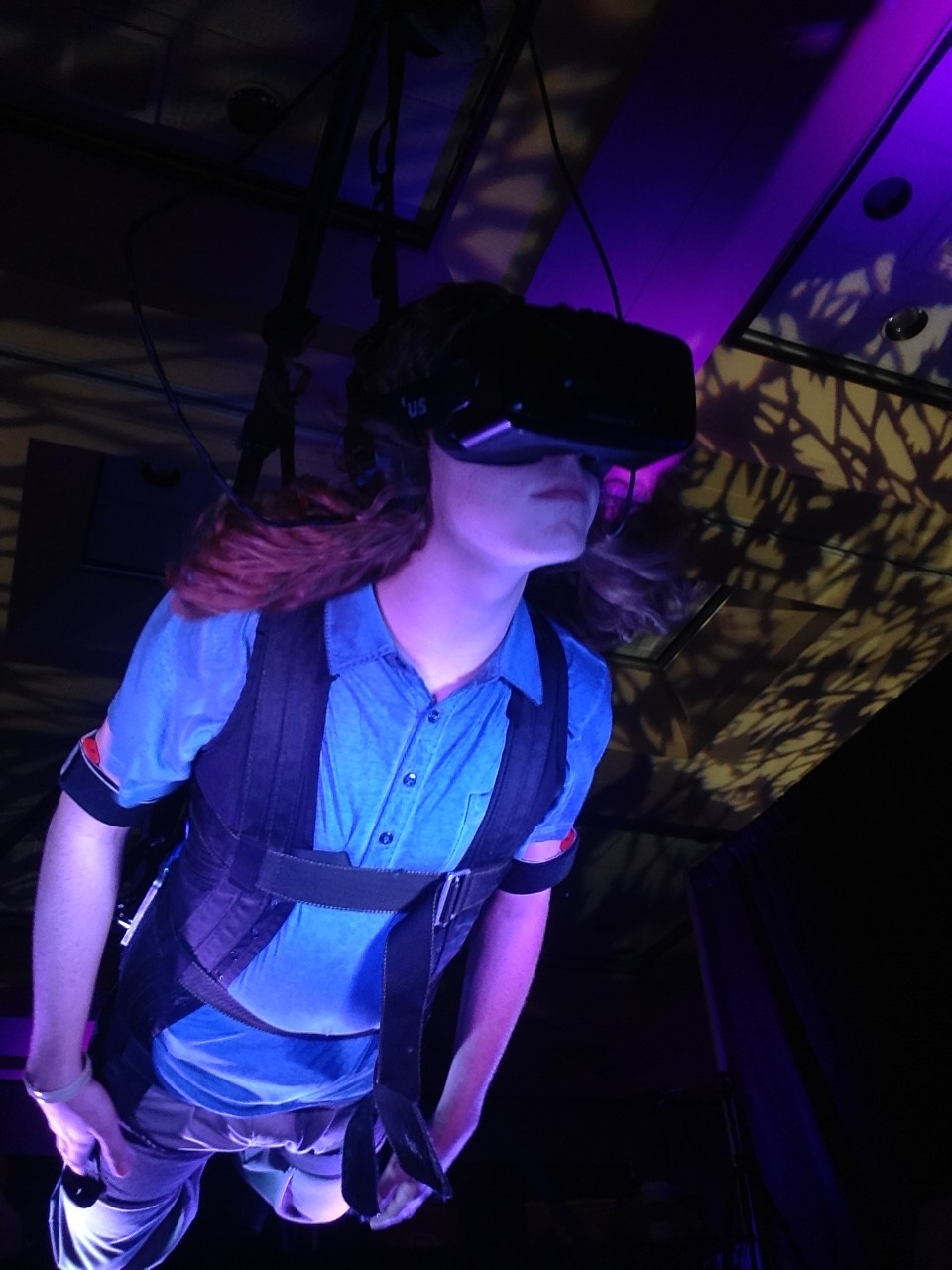
-

-

-

-

-

-

-

-

-

-

-

-

-

-

-

-

-

-
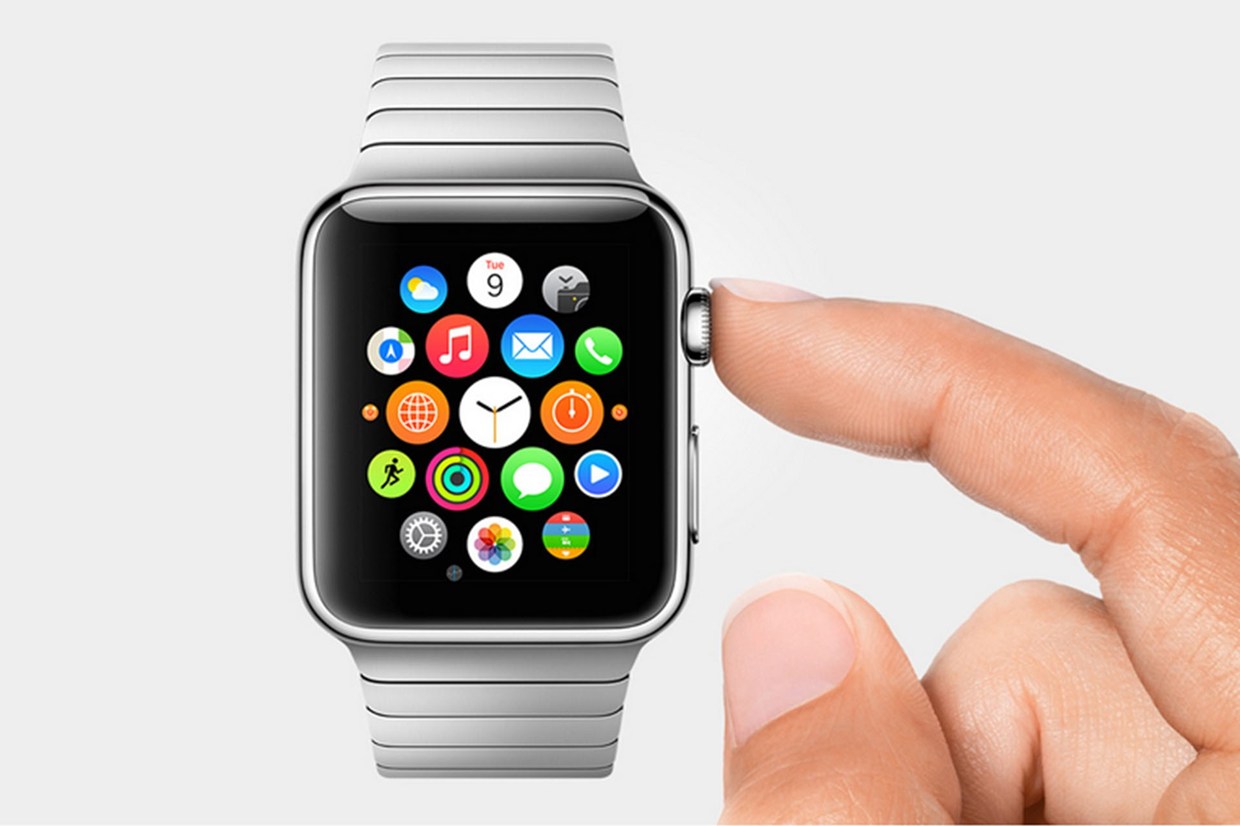
-

-

-

-

-

-

-

-
-

-
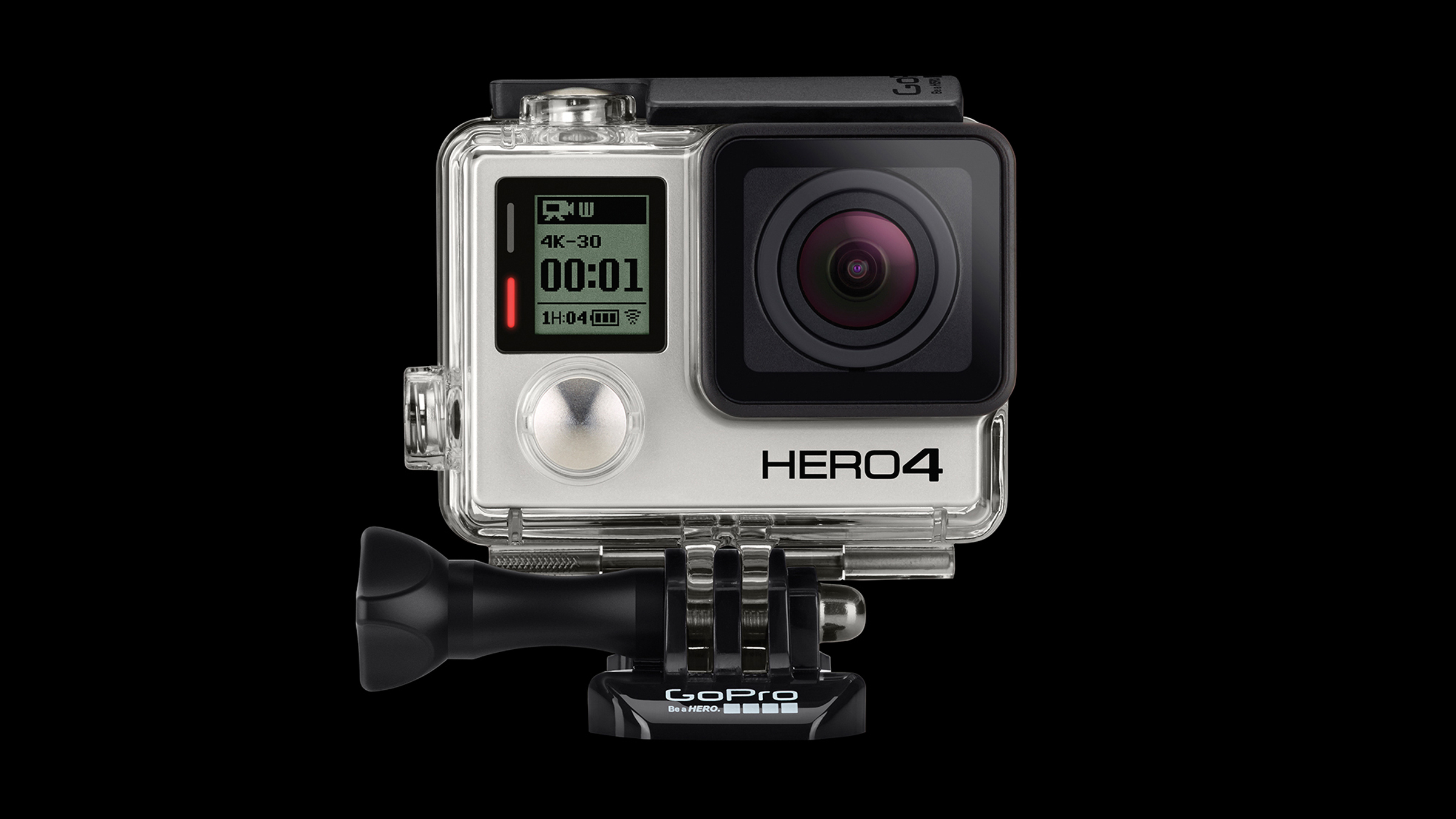
-
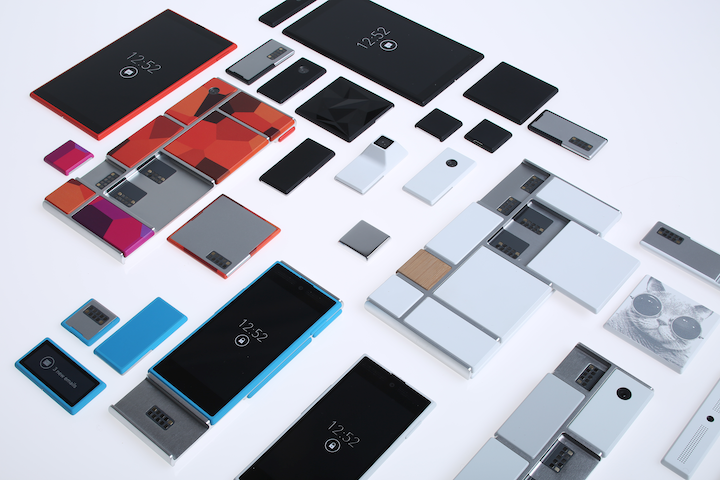 TOTW: Google's Project Ara Modular Phone May Be The Future Of SmartphonesOctober 30, 2014
TOTW: Google's Project Ara Modular Phone May Be The Future Of SmartphonesOctober 30, 2014 -

-
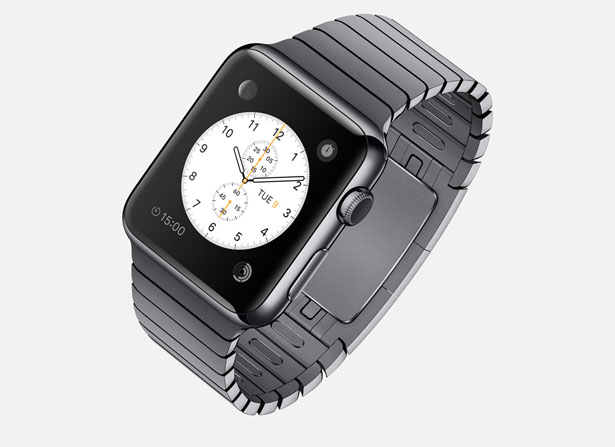
-

-

-

-

-

-

-

-

-

-

-

-
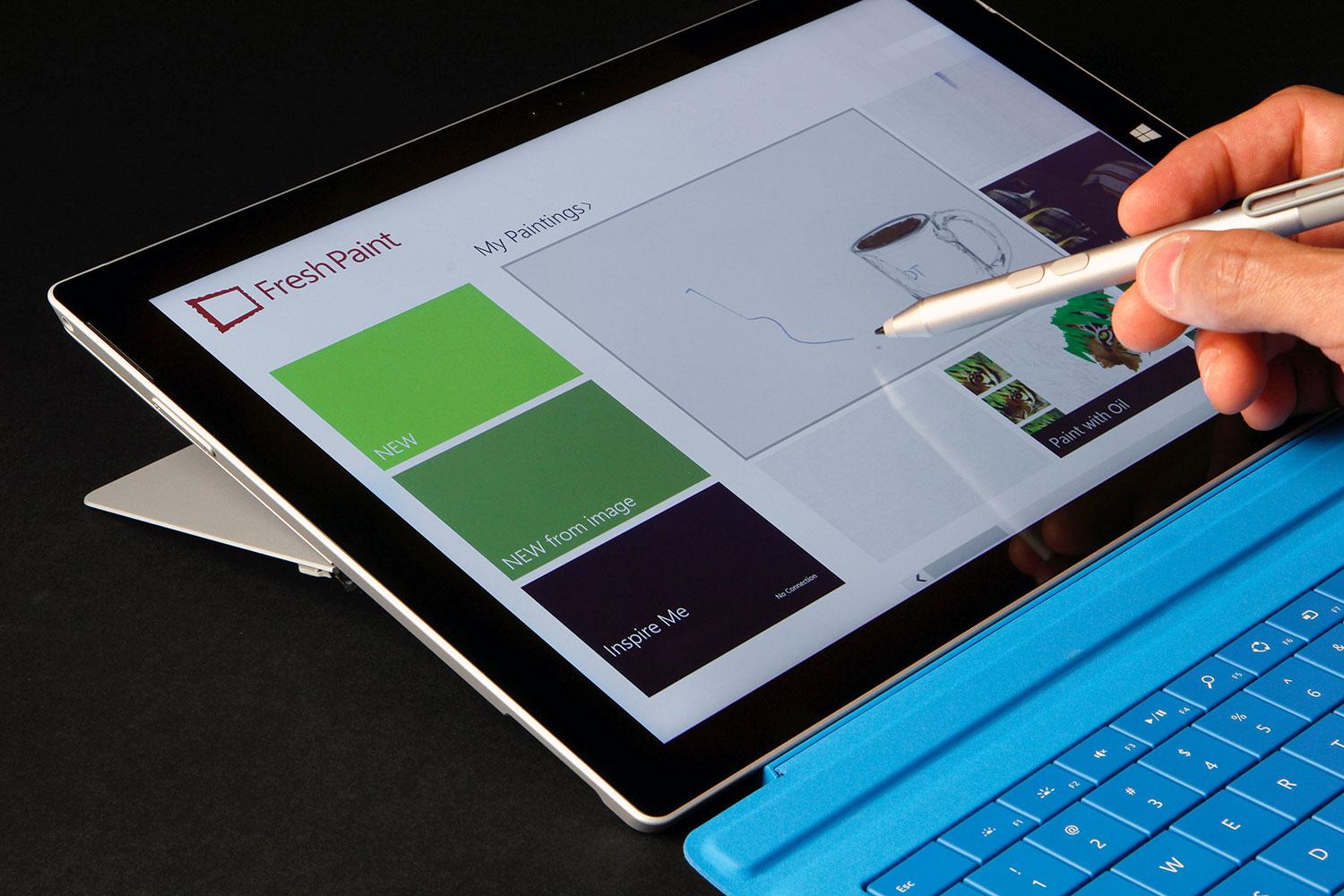
-
-
-

-

-

-

-

-

-

-

-

Posts tagged devices
TOTW: Samsung’s First Wearable, Galaxy Gear
0Wearable tech is the latest fad in the tech industry. The 2 biggest product types that have been thought of, prototyped, and in Samsung’s case, released, are smart glasses and smart watches. Of course, you have probably (hopefully, or you are not worthy of this information) heard of Google Glasses, Google’s very publicized smart Glasses, supposedly coming out in the spring 2014 Apple conference. As far as the smartwatch group, nothing has really happened except iWatch concepts and Apple keeping to themselves like they do. Until now. Samsung has released their out of the blue smartwatch, Galaxy Gear, at their recent event.
For starters, the Galaxy Gear, like other Samsung devices, is semi-ugly. People really only wear watches for style nowadays. They use their smartphones for checking the time, which is more convenient, considering they are probably on it at the time. So if you wanted to change that, you would make a snazzy looking watch that has the capabilities of GG. What Samsung came up with is not that bad looking, but again, like most Samsung devices, they messed up on some crucial points of the hardware. For instance, on the right side of the elastic-rubbery band, there is this giant volcano-camera. I mean, having a camera is very good for such a small and new device, but couldn’t they make it more subtle? Also, I don’t know what they were thinking when they added the four visible screws on the steel edges. Other than those semi-big design flaws, the Galaxy Gear isn’t half bad, with a good screen and slick clasp/speaker. Really, design is Apples thing, so lets give Samsung a break.
As for the software, it’s pretty good. For a watch. It is the classic swipe menu system, a lot like what Google Glasses are using. There is a lot of options, including Notifications, Voice Memos, Photos, and more. Of course, developers are working to make their own apps for the GG that they can add on through their other Samsung device. One of the more special features is the Pedometer, even though it is on most kind of smart watches, and S Voice. S Voice is basically Samsung’s version of Siri. You can tell it to make phone calls, text messages, and probably later on, Tweet or post to Facebook. Unfortunately, when you swipe, the reaction time is not on the dot like on phones. Still, it shows a lot of promise for later year to build off of. Plus, hopefully by then they have hired someone who knows a little bit about design. If you are interested, or is that kind of person who need everything to be the latest thing possible. It will be coming out in October, for a price of $300.
TechSpot: Pass-Thoughts May Make Logging In Easy
0Passwords are the key to our information security in the 21st century. Whether it is your phone’s password or your social security number, if someone gets a hold of it, it’s bad news. So, whenever we make a password, we (hopefully) try to make it as secret as possible. But, we are humans, and we forget. So we do something *nearly* secret, like the last four numbers of an old phone number, and think we are fine. But we aren’t. By using old White Pages or online sources, hackers can often get the information they need. We also don’t write down our passwords, for the same reason. How do we get around our security conundrum? Well, biometrics is coming to the rescue again by bringing NeuroSky Mindset to the table. 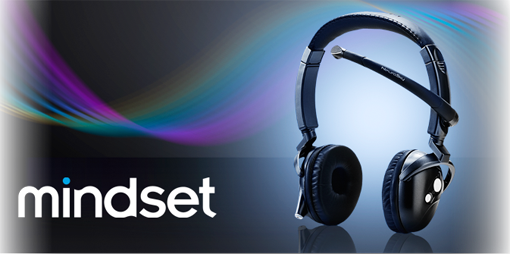
It doesn’t look like much, does it? Just a pair of headphones with a microphone curiously placed high on your head. But, don’t judge a book by its cover. That microphone is actually a electroencephalogram (EGG) sensor. It can sense your brainwaves, meditation level, attention level and much more. The Mindset is not just for sensing brainwaves, though. It has a microphone, so it is also good for games, research, and other microphone needing applications. It is also useful for developers, and at a cheap $200, it’s a pretty good deal.
So how does this help with the password situation? Well, a team of researchers at the University Of Berkley recently designed and tested a hyped-up Mindset that reads what you are thinking/imagining. It may sound creepy, but it is great news for people with bad memories. The developers were afraid it wasn’t powerful enough, but when they tested it, they found out it work to a surprisingly low 1% error rate.
Using a Berkley Mindset is very simple. All you have to do is set up a “password,” they found imagining singing a song or counting colored shapes worked the best, and imagine that password whenever you want to log in to a phone or computer. They call these **pass-thoughts**. In terms of product integration into phones or Web applications, the system still has long way to go. But pass-thoughts are a big step forward, and potentially a new advance in information security. And I have to admit, they don’t even look half bad. For all its possible uses, the Berkley’s pass-thoughts for Mindset will hopefully make it’s way into the product landscape.

